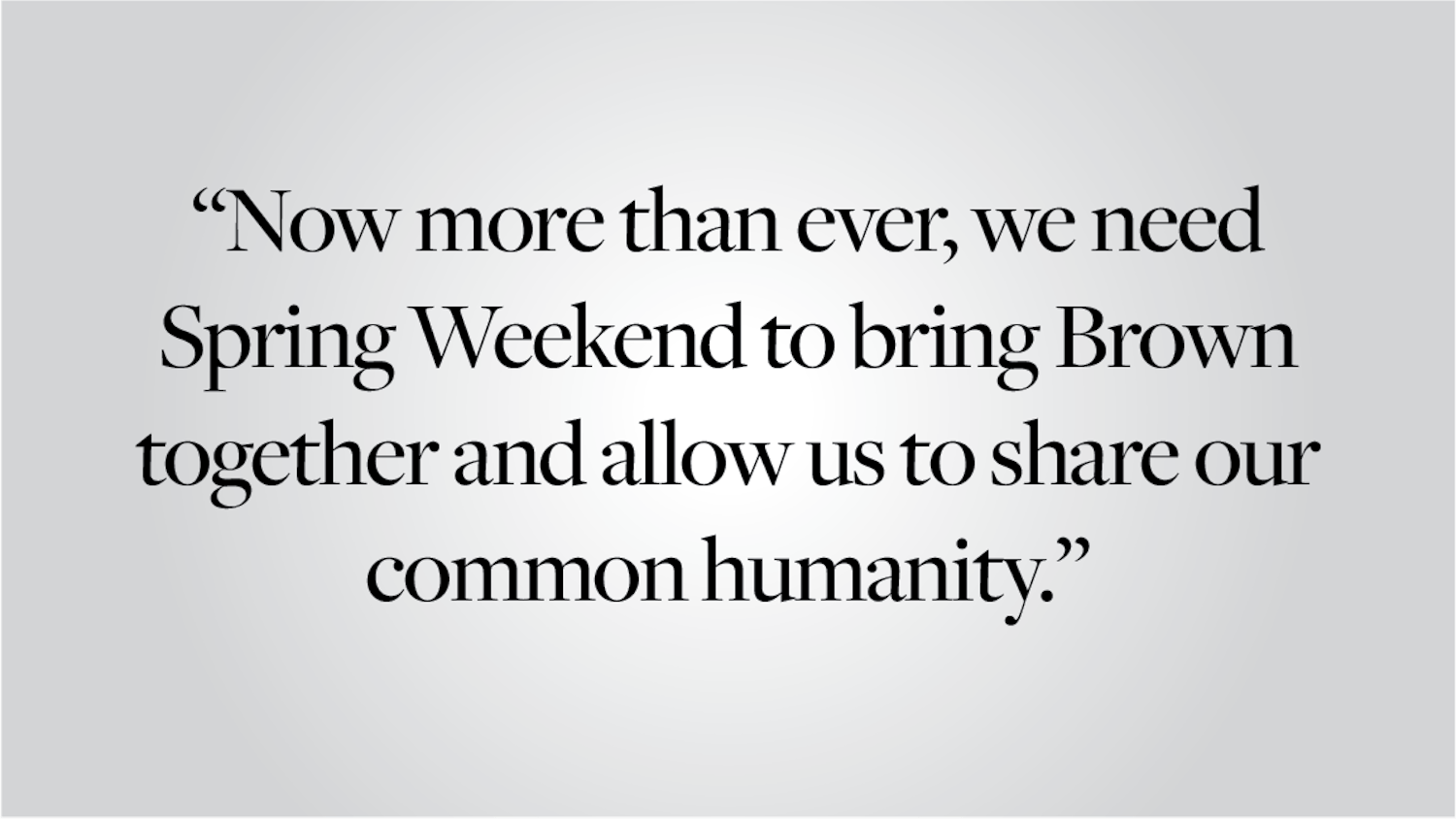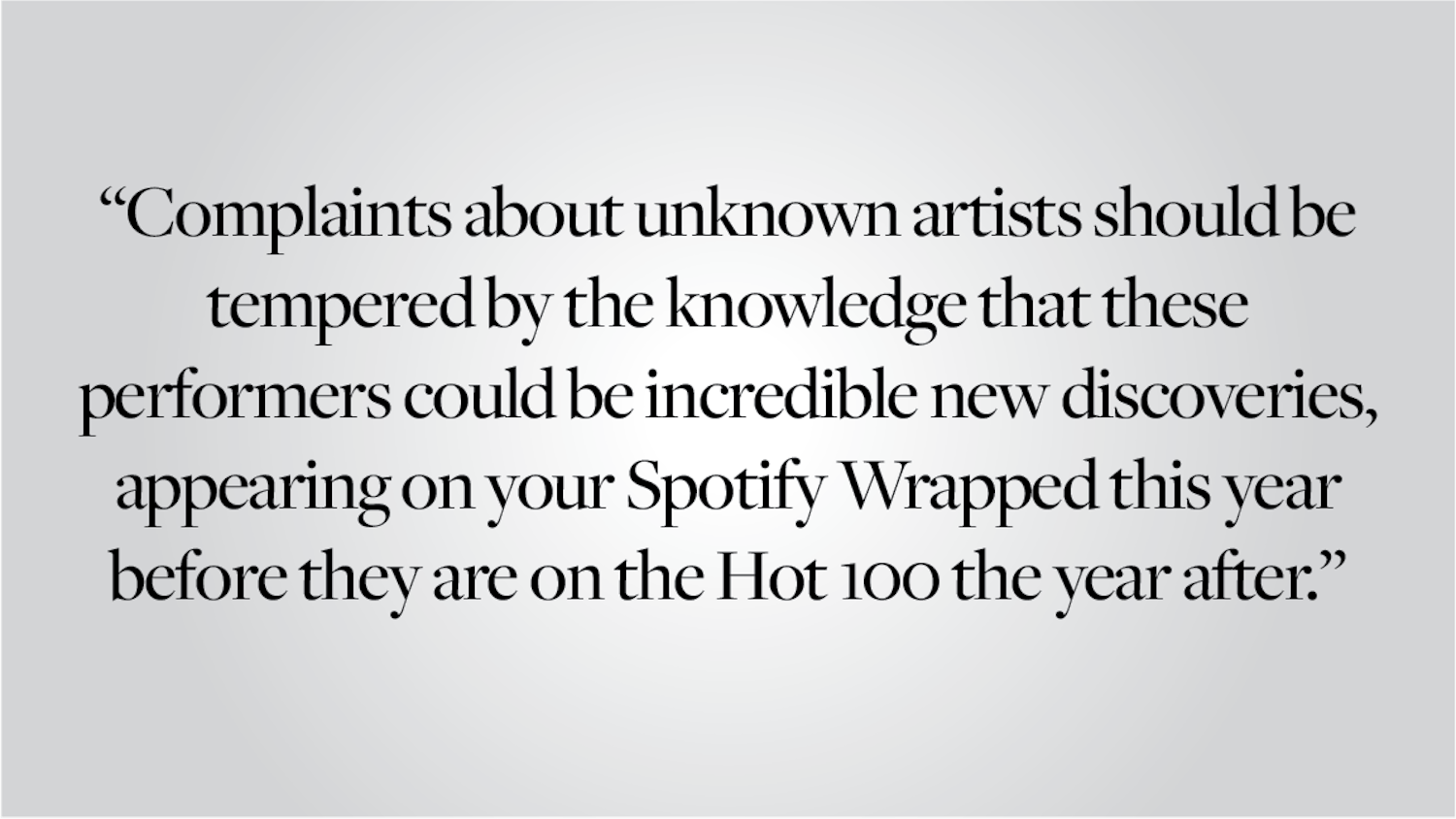Since roughly the middle of March we have all been living in a professional and social world of distance and remoteness imposed by the coronavirus public health emergency. As the Dean of the Faculty at Brown, I can confirm that we are managing to navigate the crisis at the University. The faculty has risen to the occasion with the absolutely stellar support from the staff and continued inspiration provided by the students. But let me take a moment to step back from my administrative role and to offer two observations more reflective in character.
The first has to do with vulnerability. This is the word that I have heard most frequently mentioned in conversations with colleagues across the University in recent weeks. Like all such emergencies — public health, financial, geopolitical, etc. — the coronavirus pandemic has revealed once again an underlying condition of individual and collective vulnerability.
In the University this vulnerability is studied and defended from a range of disciplinary perspectives. Biomedical, public health, population studies and social science researchers focus on biological and sociopolitical patterns and systems that make individuals and communities vulnerable to the spread of the deadly contagion and develop responses in the form of medical treatments and models for delivering them. Humanists and artists approach vulnerability from a different and equally important angle. These fields of inquiry all study and reflect on the human finitude exposed by the crisis. This humanist perspective on vulnerability, it seems to me, tends to get covered up in everyday life, and indeed in some sense it must be covered up for us to function and to live, in "normal" times.
But this consciousness (or unconsciousness) of mortality is an essential part of human experience, and we ignore it at our peril. There are in the end, of course, limits to the necessary biological and social scientific efforts to defend against our vulnerability. Obviously it is not a matter of choosing between empirical science and humanist reflection when it comes to human vulnerability. Instead the case still needs to be made, especially in the University, for the balance — and perhaps even the tension — between these two general modes of coping with vulnerability, rather than arguing for the superiority of one over the other. The current pandemic reminds us of the challenge of maintaining this balance.
This brings me to my second observation, which revolves around another key word: testing. Crucial to our response to the public health crisis afflicting us right now is our capacity to identify those who have become infected by the virus. We need to know what our portable devices will soon be telling us somewhat chillingly: who has tested positive.
But of course the disease is also testing us, individually and collectively and in several senses. On one level, to be sure, it challenges us as mortal human beings who depend upon our susceptible bodies for life. Thus we keep distance and space between them, having become all of us health threats to one another. But there is another way in which the crisis is testing us. It is challenging us to reexamine priorities and to clarify what is important. The test in this case is salutary. This is a test we should be taking all of the time, even if it does not seem necessary in “normal” times.
In the University the emergency is forcing us to do what we should always be doing: defining what is essential. Central to the task, it seems to me, is the need to strike a balance in the variety of ways that we approach our vulnerability. On the one hand, we must do everything we can to minimize suffering and inequality and, on the other, we must remain open to reflection on the finitude and mortality — the essential vulnerability — that we all share. The real test in the University is the one we are always taking. This test is of our ability to confront vulnerability with the right combination of intelligence and creativity.
The current public health crisis is having terrible consequences in terms of lives and livelihoods around the world. We are privileged as members of a great academic community to have the opportunity to search for treatments and policies that will combat the scourge of the pandemic and also to reflect upon the individual and collective fragility that it reveals. This is the dual role played by the University in the crisis.
Kevin McLaughlin is Dean of the Faculty and George Hazard Crooker Professor of English, Professor of Comparative Literature, and Professor of German Studies. He can be reached at kevin_mclaughlin@brown.edu. Please send responses to this opinion to letters@browndailyherald.com and op-eds to opinions@browndailyherald.com.

ADVERTISEMENT




